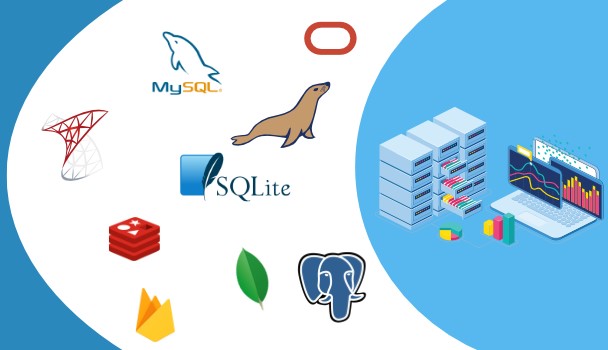Anbihian offers Digital healthcare services that enable establishments to provide good healthcare services
Digital health is the application of digital transformation to the field of healthcare, incorporating software, hardware, and services. Digital health includes mobile health apps, electronic health records, electronic medical records, wearable devices, telehealth, and telemedicine, as well as personalized medicine. It plays an increasingly important role in healthcare today.
Mobile health apps, electronic health records, electronic medical records, wearable devices, telehealth and telemedicine, and personalized medicine are all examples of digital health. It is becoming increasingly important in healthcare today.
Information and communications technology are being used to provide digital health interventions to prevent disease and improve quality of life. Government health insurance programs, such as the U.S. Affordable Care Act, have also brought about new developments in digital health. Digital health interventions are being developed using information and communication technology to prevent disease and improve quality of life.
According to Deloitte Insights, advances in AI, big data, robotics and machine learning will lead to more consumer-focused, prevention-oriented care. Additionally, intelligent manufacturing and supply chain solutions will ensure the right treatments and interventions are delivered at the exact moment needed.
Innovations in digital health include blockchain and electronic medical records (EMRs), mHealth and IoT, medicine and augmented reality (AR), and the internet of medical things (IoMT). Telemedicine technology, reducing the risk of exposure to contagious diseases, and different smart sensor technologies are examples of IoMT application cases.
AI in Healthcare
AI can be used to assist human decision-making in healthcare applications by automating and speeding up previously labor-intensive operations. AR can be utilized to educate patients and doctors, as well as for surgical visualization and disease simulation.
Big data in Healthcare
Healthcare big data arose as a result of the digitization of health information. Value-based care also helps to fuel the rise of healthcare big data by encouraging the sector to use data analytics to make more educated business decisions.
Big data in healthcare can offer the following benefits:
- Reducing prescription errors.
- Assisting with preventive care.
- More accurate staffing.
Digital health can aid in disease prevention, cut healthcare costs, and assist patients in monitoring and managing chronic illnesses. It can also assist healthcare providers in tailoring medication to particular patients. According to the US Food and Drug Administration, digital technology is causing a revolution in health care, with cellphones, social networks, and internet applications providing new ways for people to monitor their health.
